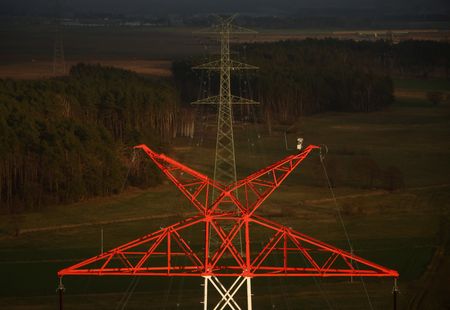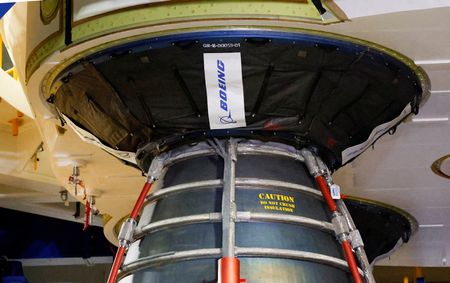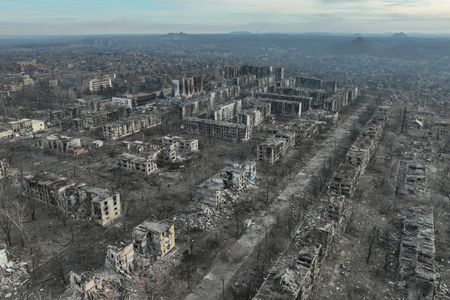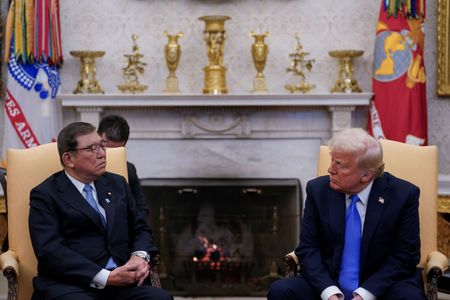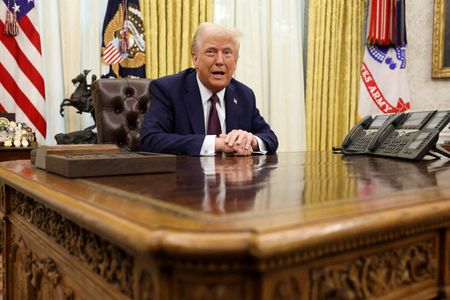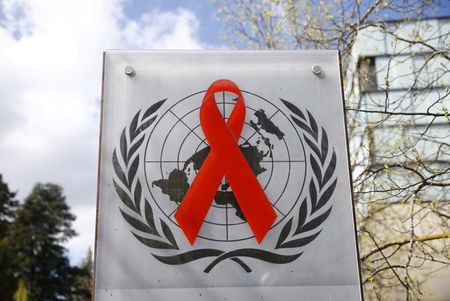DAR ES SALAAM, Tanzania (Reuters) – Leaders from Eastern and Southern African regional blocs gather in Tanzania on Saturday to seek a solution to the conflict in eastern Congo, where Rwandan-backed rebels have seized a major city in the worst escalation of fighting in more than a decade.
The M23 rebels last week captured Goma, the largest city in eastern Democratic Republic of Congo. Despite announcing a unilateral ceasefire, they have continued to march south towards Bukavu in a rapid offensive that has left thousands dead and raised fears of a regional conflagration.
Congo’s leader Felix Tshisekedi and his Rwandan counterpart Paul Kagame, who have exchanged fiery words blaming each other’s governments for the upsurge in violence, agreed to attend the summit, although Tshisekedi may call in remotely, sources said.
The Dar es Salaam summit will seek a breakthrough after two peace processes in Luanda and Nairobi have stalled as tensions escalate.
“Given the heightened tensions, immediate priorities are a ceasefire and opening supply routes to facilitate humanitarian access,” the Institute for Security Studies in South Africa said in a report on Friday.
“A single unified peace initiative could prevent Rwanda and the (Congo) from engaging in forum shopping… favouring mediators perceived to support their side,” it said.
Over the past month M23’s lightning advances have expanded its control over North Kivu province’s lucrative coltan, gold and tin ore mines, uprooting thousands in what was already one of the world’s most dire humanitarian crises.
Aid groups have been helping to relieve overwhelmed hospitals as health workers race against time to bury the bodies of at least 2,000 people killed in the battle for Goma, amid concerns of disease spreading.
Prosecutors at the International Criminal Court say they are closely monitoring the bloodshed, where reports are emerging of rape, gang rape and sexual slavery, according to the United Nations human rights chief Volker Turk.
Ahead of the summit, the United States warned of possible sanctions against Rwandan and Congolese officials, further raising the stakes for finding a solution to a conflict that is rooted in the long fallout from the 1994 Rwandan genocide and the struggle for control of Congo’s mineral resources.
Well trained and professionally armed, M23 is the latest in a long line of ethnic Tutsi-led rebel movements to emerge in Congo’s volatile east. Congo’s government says it is a Rwandan proxy, which the rebel group denies.
Rwanda rejects accusations that thousands of its troops are fighting alongside M23 but says it is acting in self defence.
In turn, it accuses Congo’s military of joining forces with Hutu-led militias it says are bent on slaughtering Tutsis in Congo and threatening Rwanda, and has repeatedly called for Kinshasa to negotiate directly with the rebels.
(Writing by Hereward Holland; Editing by Bate Felix, Ammu Kannampilly and William Mallard)






